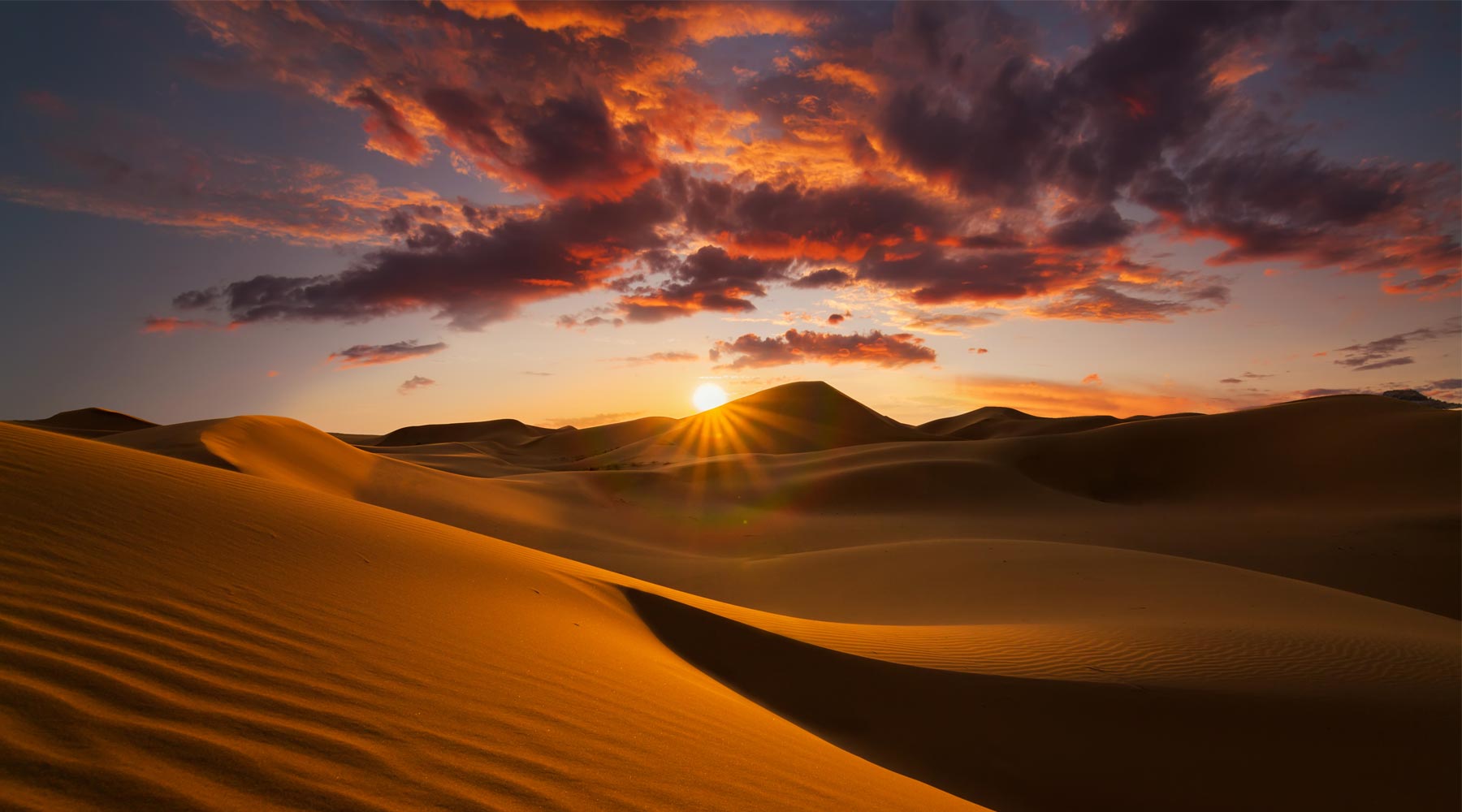The popular opinion about Africa is the most irrelevant imagination about this part of the land. Don’t ever believe them! One of the biggest mistakes about Africa is when it comes to money and the repeated questions like: How wealthy is Africa? Or What is the wealthiest country in Africa? The answer is mostly wrong and misleading.
Africa is the second-largest continent in the world, with a population of over 1.3 billion people and a rich cultural and natural diversity. Despite facing various economic and social challenges, Africa has many countries that are experiencing strong economic growth and development.
In this article, we will explore the richest countries in Africa based on their Gross Domestic Product (GDP), which is a measure of the value of their goods and services produced in a given period. We will look at the top 10 wealthiest African countries and examine some of the key factors that have contributed to their economic success. While GDP is just one measure of economic prosperity, it provides an interesting starting point for understanding the economic landscape of the African continent.
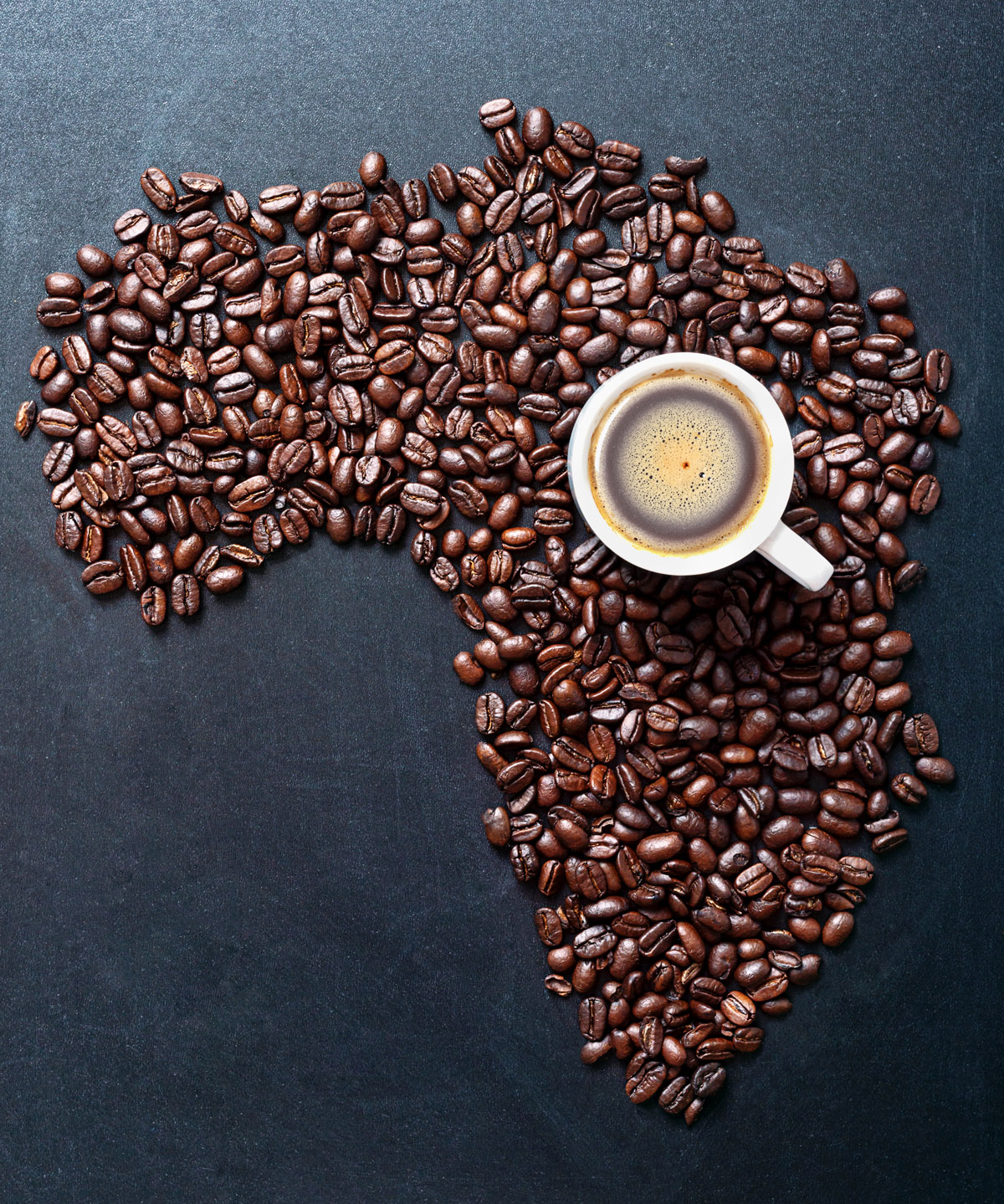
GDP and Economic Indicators
Gross Domestic Product (GDP) is a measure of the total value of goods and services produced within a country’s borders over a certain period, usually a year. It is a commonly used indicator of a country’s economic performance and is often used to compare the relative economic strength of different countries.
GDP is related to a country’s wealth in that it is a measure of the country’s economic output, which is a major driver of a country’s overall wealth. A higher GDP generally indicates that a country is producing more goods and services and has a more robust economy, which can lead to higher incomes, greater investment, and increased economic opportunities.
However, it’s important to note that GDP alone is not a complete measure of a country’s wealth or well-being. For example, a country with a high GDP may still have high levels of poverty or inequality or may be experiencing negative environmental or social impacts due to its economic activity. Other factors, such as income distribution, quality of life, and environmental sustainability, also play a role in determining a country’s overall wealth and well-being. Therefore, it is important to use a range of indicators and measures to fully understand a country’s economic and social situation.
| AFRICAN COUNTRY | GDP (USD) | % ANNUAL GDP GROWTH |
|---|---|---|
| Nigeria | 448.12 B | 2.208 |
| South Africa | 351.432 B | 0.153 |
| Egypt | 303.92 B | 5.558 |
| Algeria | 171.091 B | 0.8 |
| Morocco | 119.7 B | 2.482 |
| Ethiopia | 95.913 | 8.364 |
| Kenya | 95.503 B | 5.366 |
| Angola | 88.816 B | -0.625 |
| Ghana | 66.984 | 6.478 |
| Tanzania | 63.177 B | 5.791 |
Top 10 Rich Countries in Africa
Tanzania
Tanzania is the last name on the list. The list is all about African countries. Being the tenth richest country in Africa is the result of previous economic triumphs of Tanzania and a blessing for the people hoping to reach better points. Tanzania is famous for its unique wildlife and its potential in the tourism industry. According to statistics, the gross domestic product (GDP) in Tanzania is USD 63.177 B by 2023. Tourism and the diamond industry have played a vital role in this number. Also, annual GDP growth in Tanzania reached 5.791 percent in 2019.
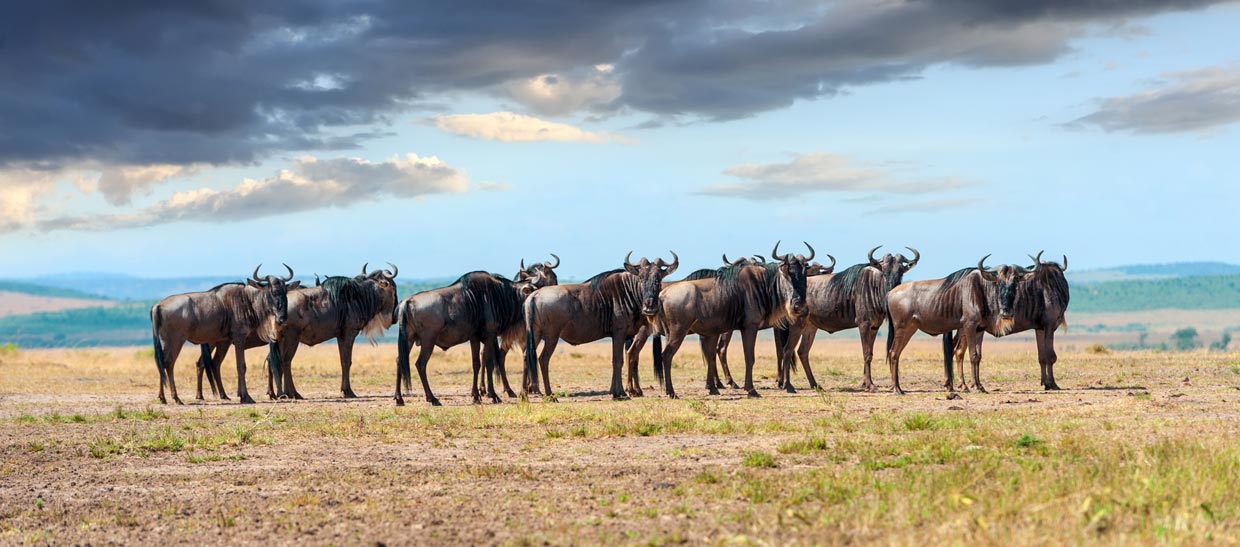
Ghana
Sudan is a country located in West Africa. Despite all the problems people in Ghana face in everyday life, we can still see this country’s name on the list of rich countries in Africa. With an annual GDP growth of -6.478 percent in 2023, Ghana is the ninth country out of ten and has a GDP of 66.984 billion USD until 2023. The most important thing about this country’s economy is about great opportunities and tough challenges that need efficient management. Ghana is naturally rich! Natural resources such as oil, gold, silver, etc., helped Ghana through years of struggling with economic problems and massive poverty.
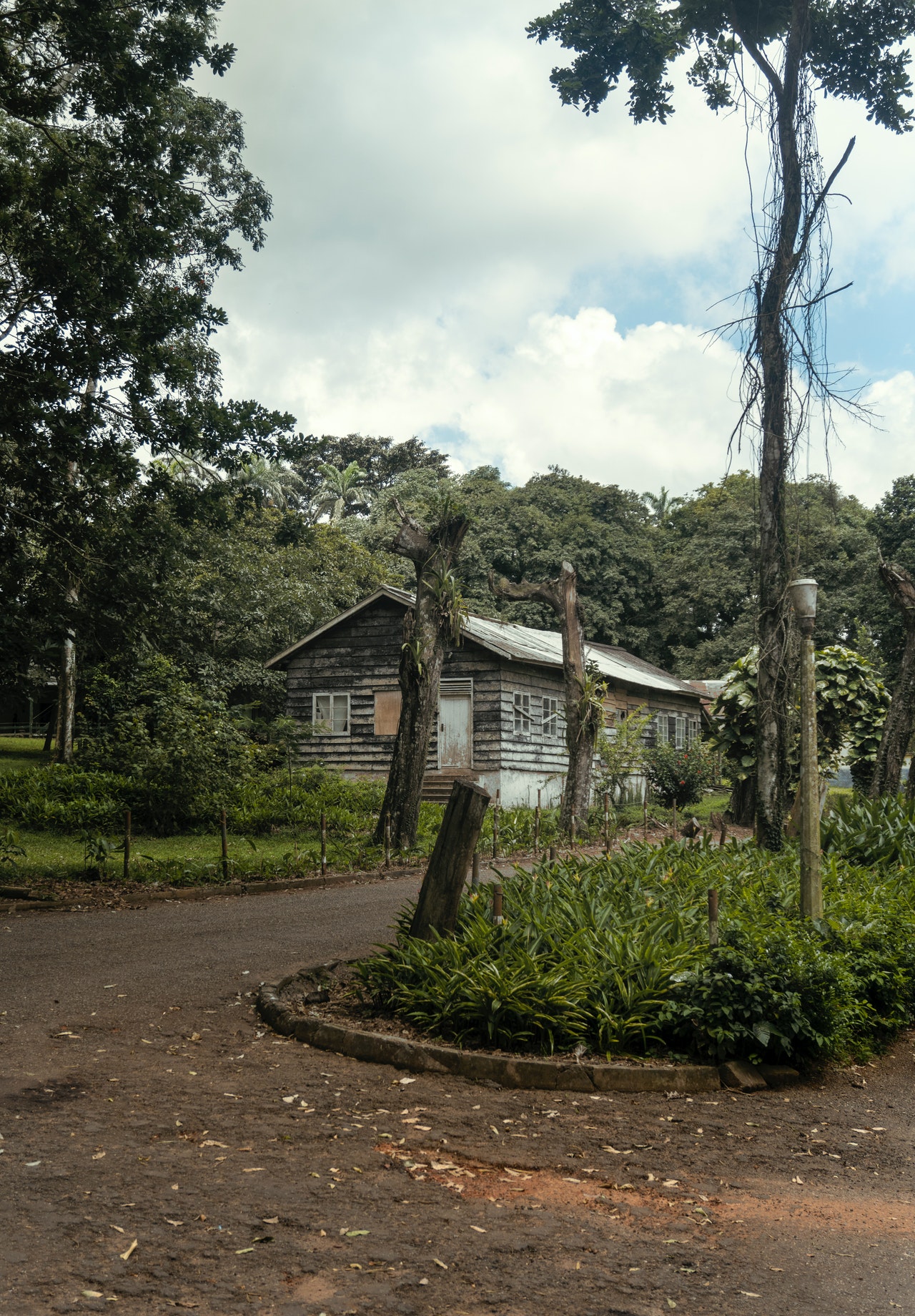
Angola
Angola deserves to be in a higher rank in the list of the richest countries in Africa. This country is known for its reserves of raw materials. Unfortunately, mismanagement and specific policies in every field ended up with various problems for people living there. Thanks to oil and gas resources in Angola, this country’s GDP was over USD 88.816 billion in 2023. This number is after a sharp fall in 2017, and its annual growth is -0.625 percent. Still, we can have Angola on the list of the richest countries in Africa.
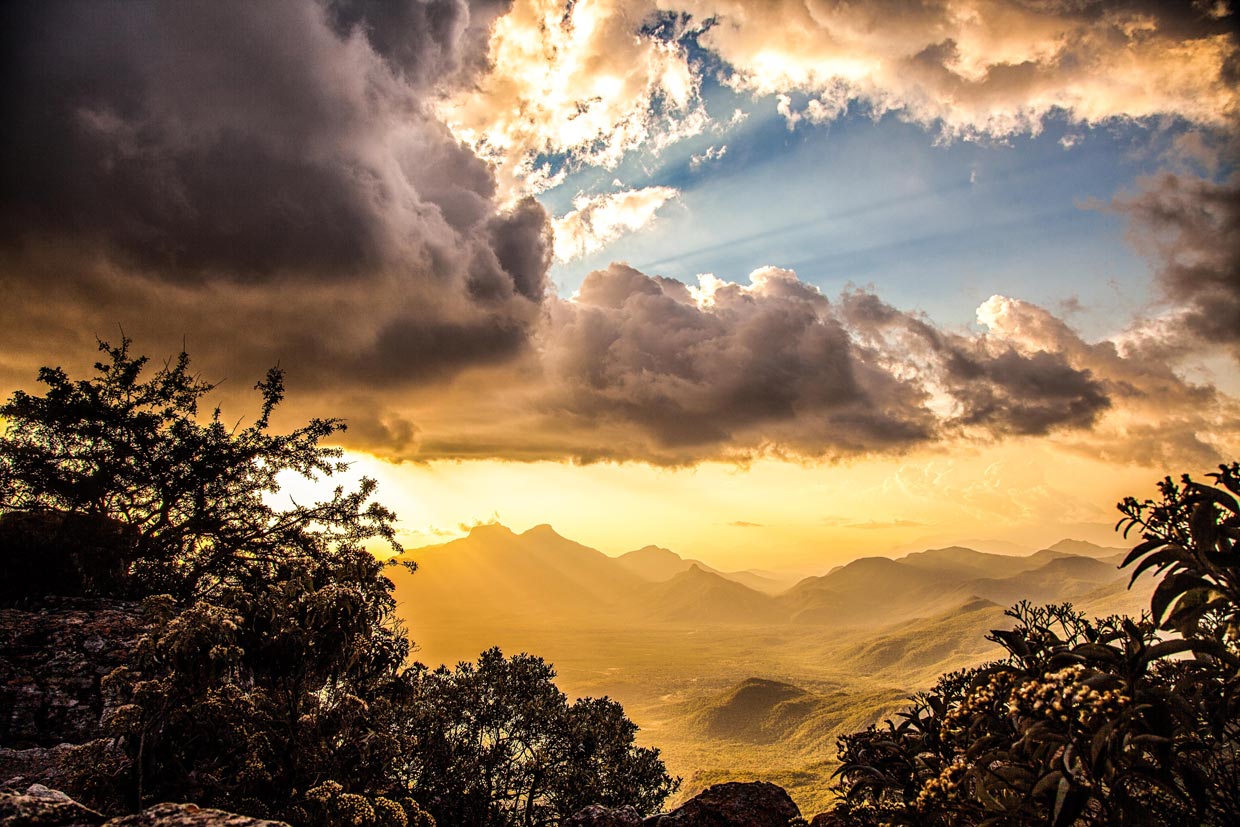
Kenya
Kenya is a country in eastern Africa. The spectacular sceneries and natural landscapes of Kenya are the most amazing things to remember about this country. The fabulous wildlife deep inside the country has made this part of the land an excellent destination for those seeking a nice place to see the wildlife from the closest distance. Among sub-Saharan African countries, Kenya has a growing GDP of 5.366% in 2023 based on The World Bank Data. The industrial sector contributes almost 50 percent of the GDP in Kenya, and about 35 percent is to agriculture. A part of this growth is related to the tourism and technology industry. This recent growth caused Kenya to be one of Africa’s richest countries, with USD 95.503 billion in 2023.
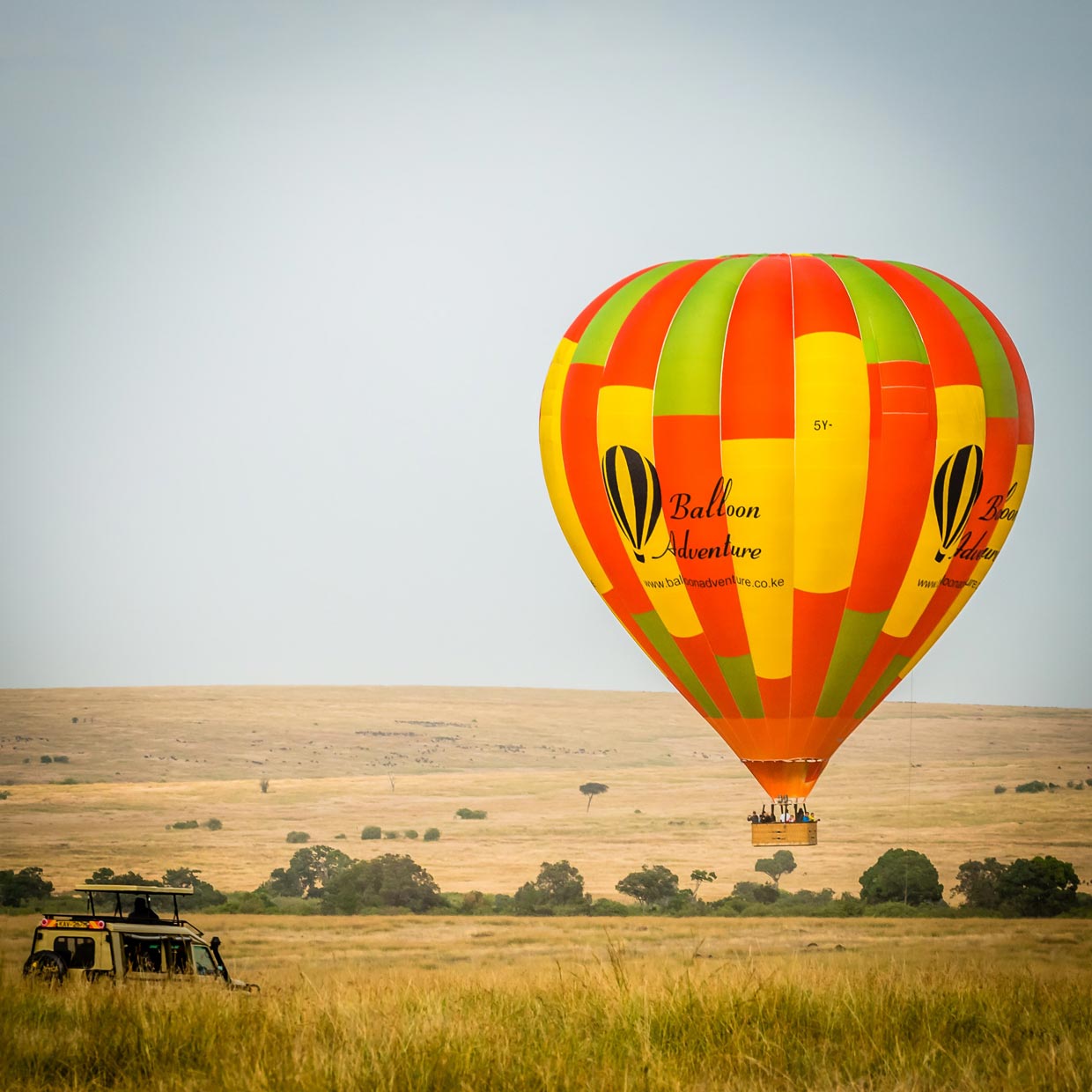
Ethiopia
Ethiopia attracts attention to the horn of Africa, where you can find the finest honey and coffee beans. This country is an ancient land with many stories dating back to the birth of coffee. It is said that the first coffee bean originated there in Ethiopia. Ethiopia’s GDP growth averaged 8.364 percent in 2023, which caused a GDP of USD 95.913 billion. This number includes agriculture, manufacturing, and tourism industries, and one of the most important sectors is agriculture, which provides up to 80 percent of employment in this country. Coffee, leather products, and oilseeds are the most exported goods from Ethiopia.
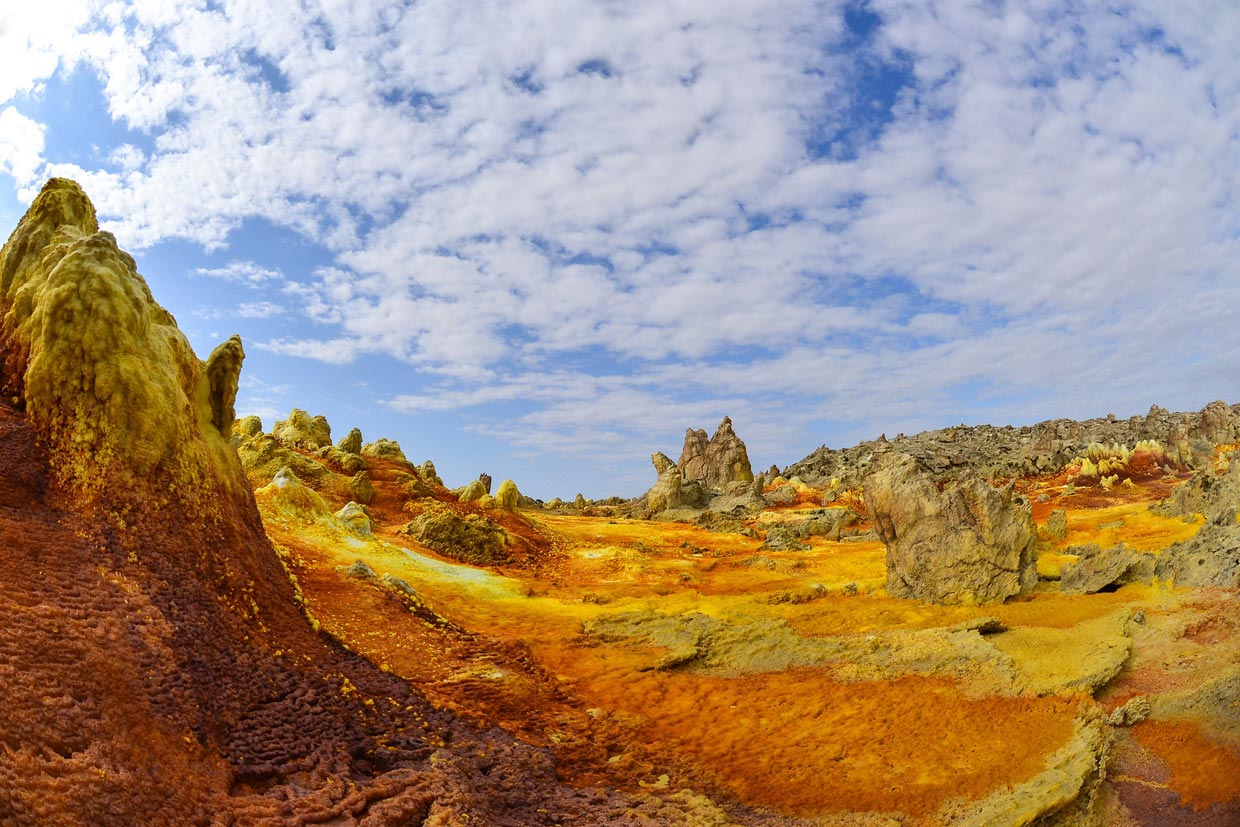
Morocco
Morocco is a beautiful country in North Africa. After many years of struggling during the 1990s, the beginning of the current century brought a little bit of stability to the GDP rate growth in Morocco. The last number for GDP growth in Morocco is 2.482 percent annually, which is for 2023, and the GDP is USD 119.7 billion. This country is the third biggest producer of phosphorus globally and is an active country in exporting various goods and services. Inorganic chemicals, crude minerals, petroleum products, and electric components are the primary exports from Morocco, and statistics and figures demonstrate their prominent role in this country’s GDP.
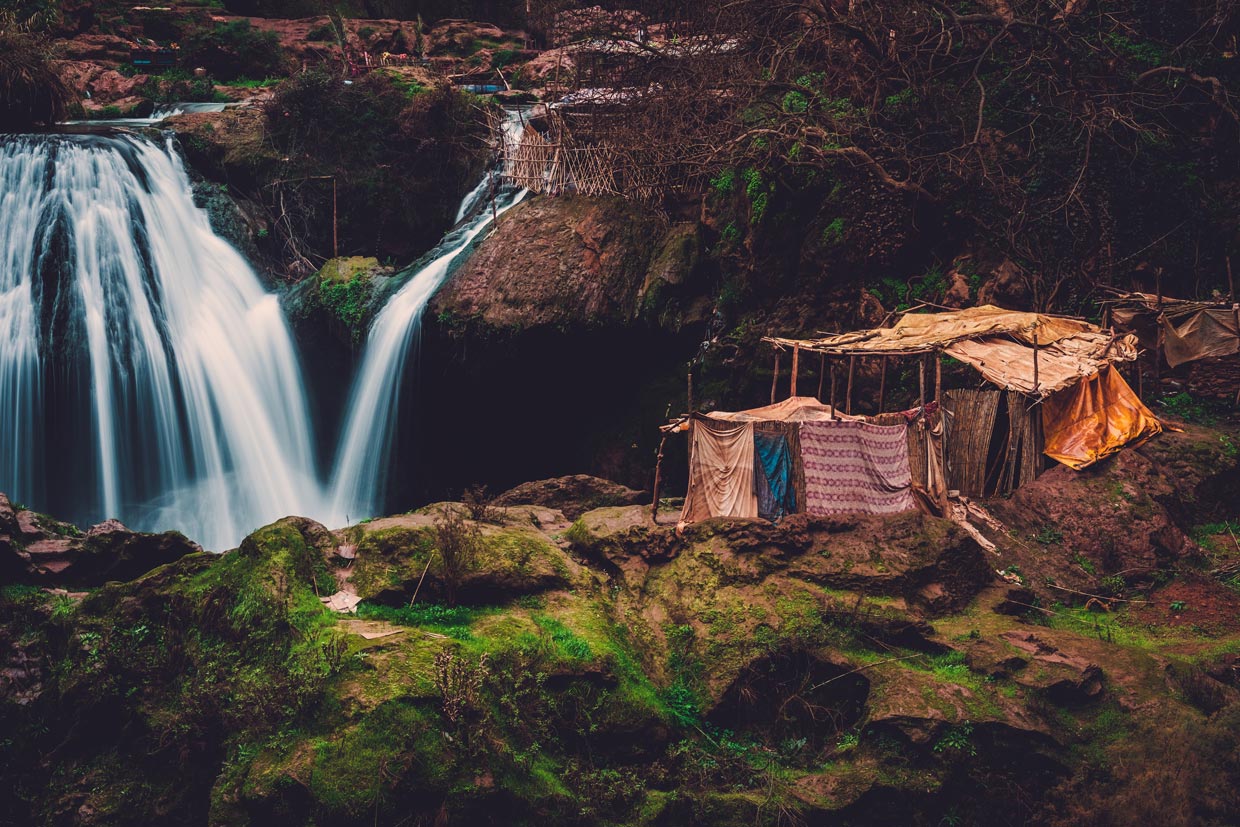
Algeria
Algeria is one of the most famous countries in Africa and is the biggest country on the continent. Being in fourth place on the list of the richest countries in Africa is the consequence of economic growth. Algeria has been boasting and supporting every aspect of the country’s economy. Based on the latest figures reported by The World Bank Data, Algeria has a GDP of 171.091 billion USD until 2023 and an annual GDP growth of 0.8 percent. This big African country is globally ranked as the 53rd country on the list of the rich. Naturally, the latest problems with the unstable oil price caused Algeria to face many new challenges.
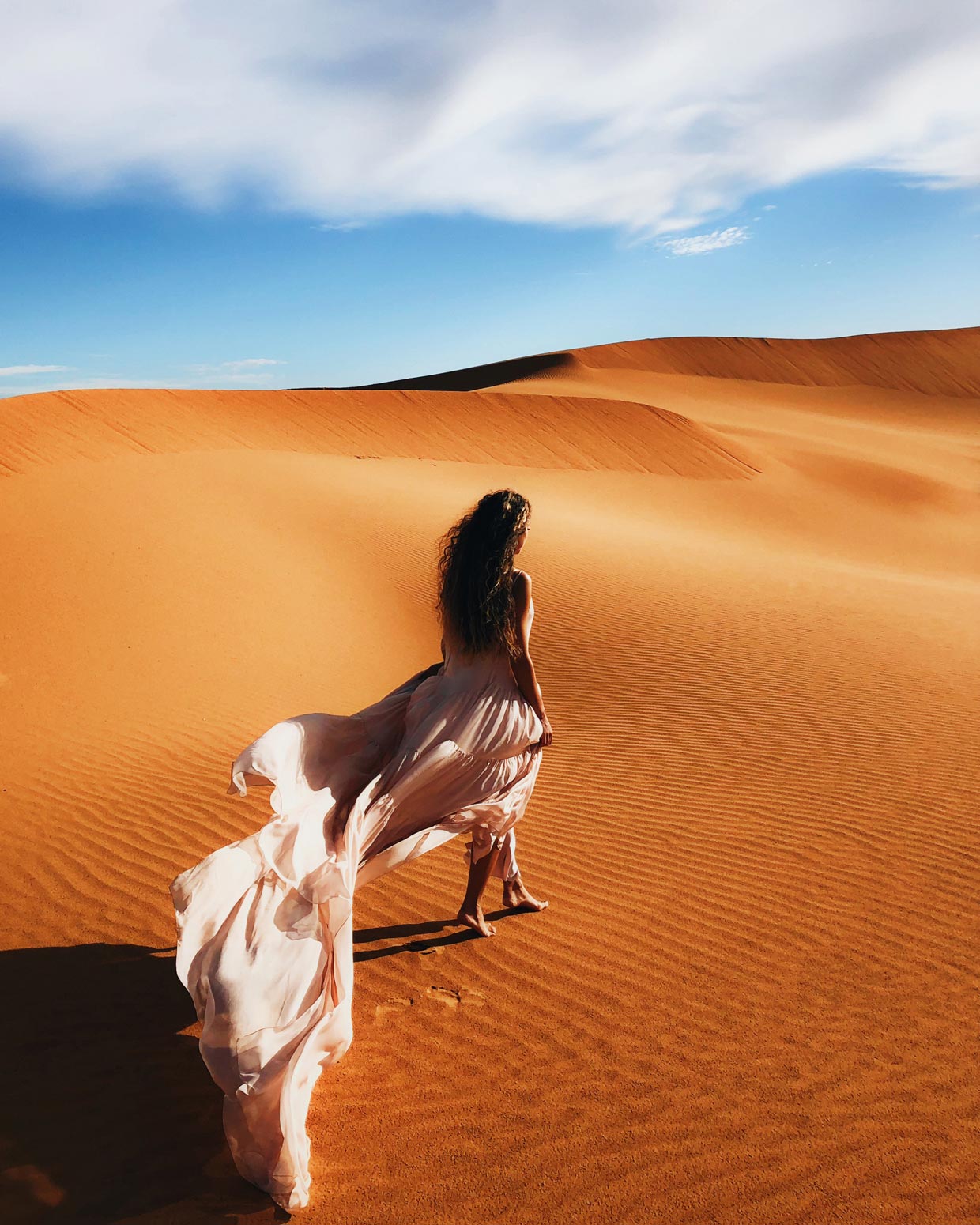
Egypt
Egyptians have done their best to improve their country’s economy. Wholesale, retail trade and tourism are significant resources for Egypt to make money. Also, gas extraction is another robust industry in Egypt, and it has influenced Egypt’s GDP, and its effect has been positive. By the year 2023, Egypt has reached a GDP of 303.092 billion USD. Its annual GDP growth is 5.558 percent. One of the significant reasons for previous declines in the situation of Egypt’s economy is the COVID-19 pandemic. However, emerging markets in Egypt are on their road to development in every field.
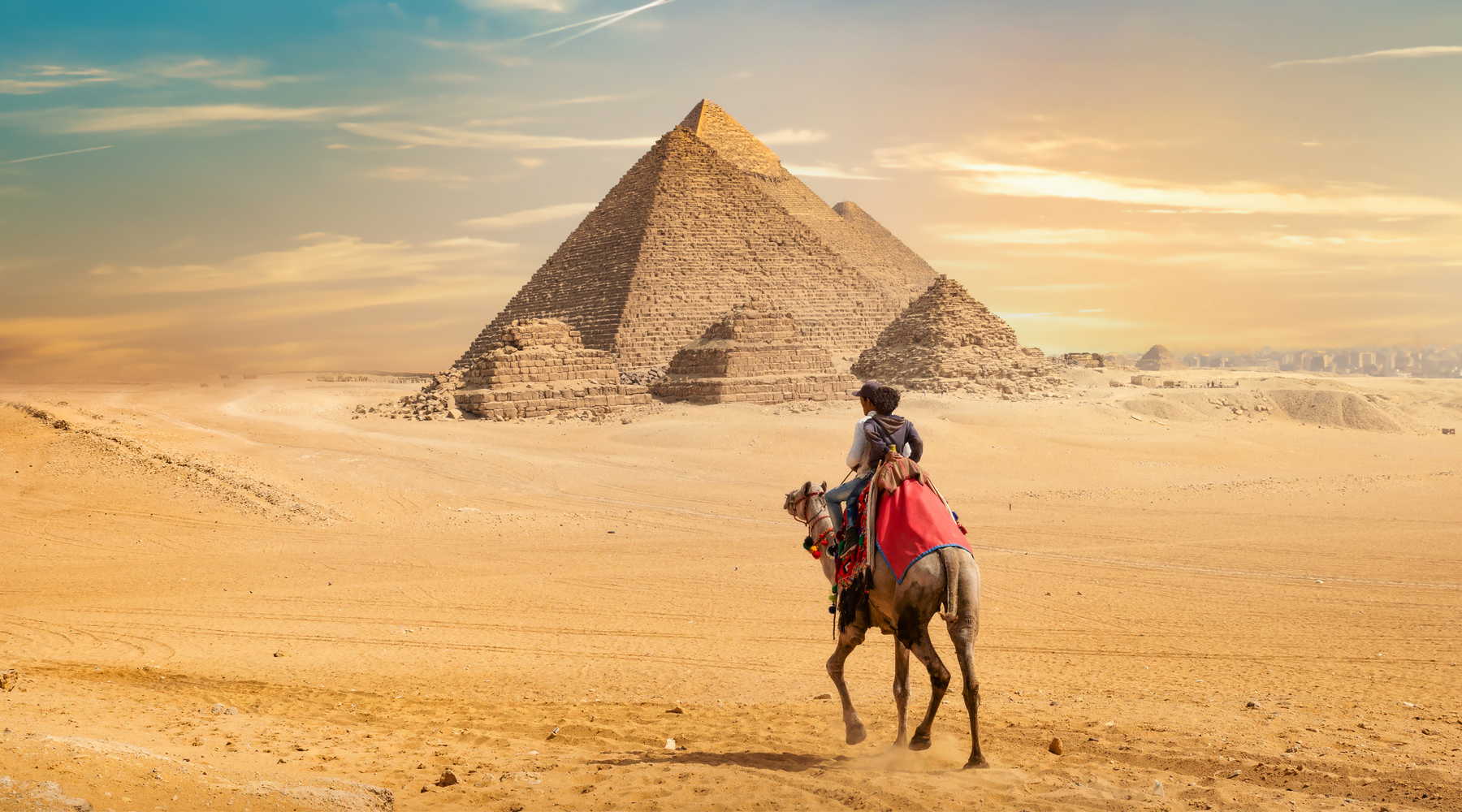
South Africa
In terms of GDP metrics, South Africa is holding second place on our list of Africa’s richest countries. South Africa exports raw materials, including platinum metal, gold, and iron ore. South Africa will encounter new challenges due to the COVID-19 pandemic in the future, but still, we have it as the second country. Until 2023, the GDP growth of South Africa was 0.153 Percent annually, and the overall GDP was 351.432 billion USD.
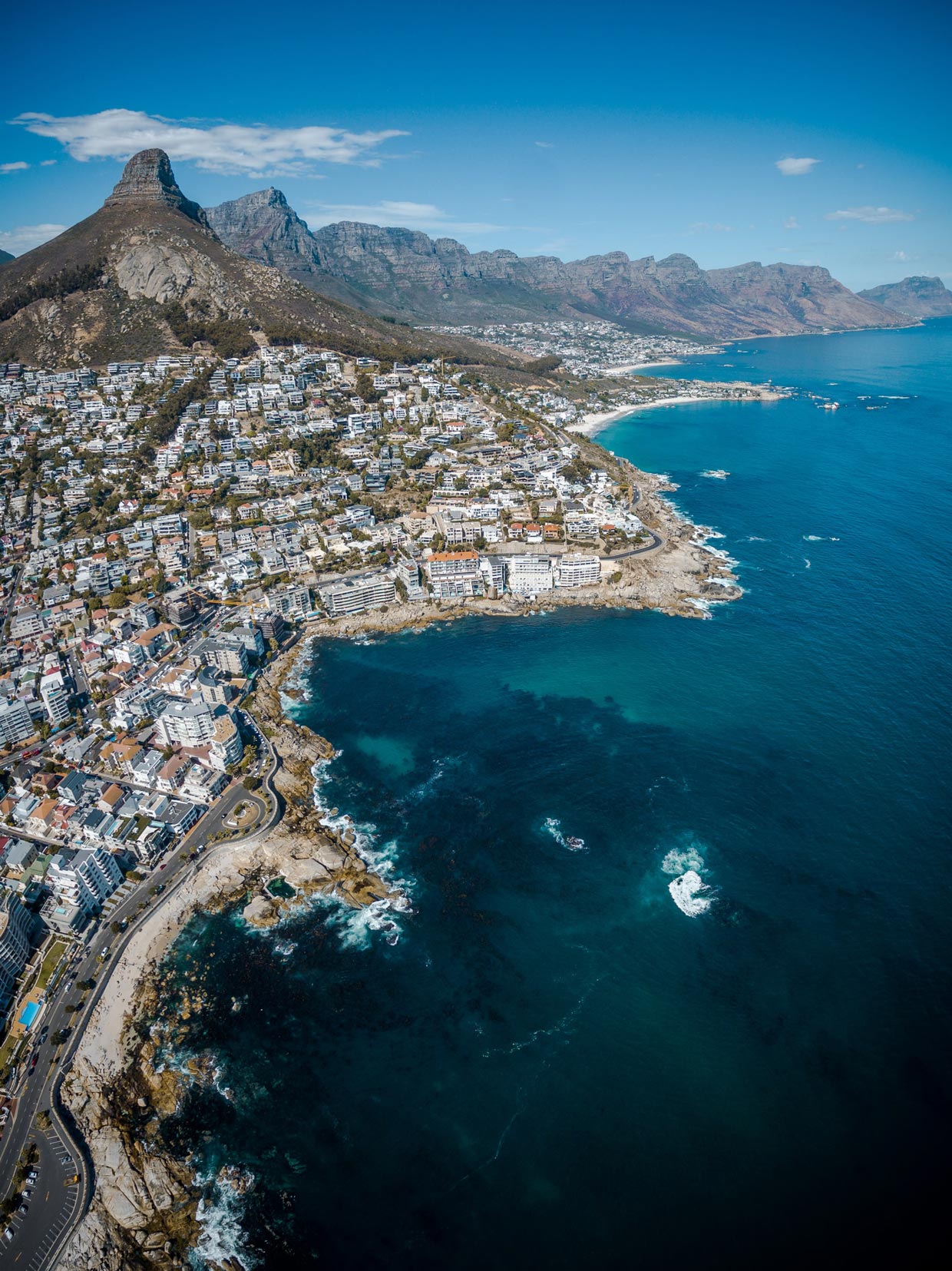
Nigeria
With 448.12 billion USD GDP and annual GDP growth of 2.208 percent, Nigeria takes the lead among the rich countries in Africa. Being the largest crude oil exporter has made Nigeria the richest country in Africa. Exporting oil is the main reason for that high level of GDP. Nigeria is also famous for its natural gas, limestone, and niobium. Unfortunately, neither Nigeria nor other African countries could overcome the massive decline in the international market after the spread of COVID-19. Also, the controversial relationship between Russia, the USA, and Saudi Arabia has a significant impact on South Africa’s GDP. It seems that good management can keep the country atop the list.
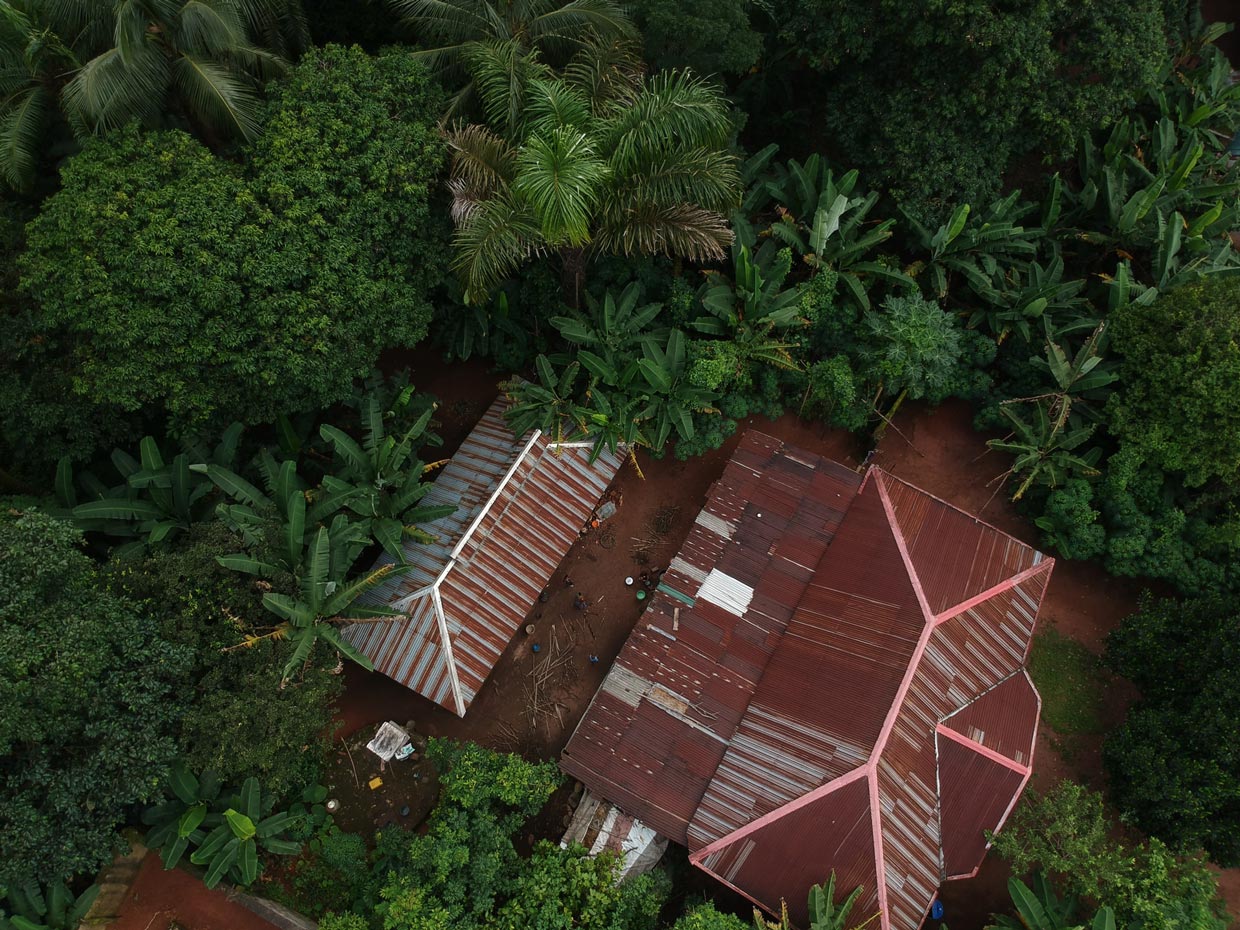
Natural Resources and Wealth Distribution
Natural resources play a significant role in the wealth of many African countries. Rich deposits of minerals, oil, and gas have driven economic growth in countries like Nigeria, Angola, and South Africa. However, the reliance on natural resources can lead to economic challenges, such as the “resource curse,” where countries with abundant resources struggle to develop economically due to factors like corruption, weak governance, and a lack of investment in other sectors of the economy.
Wealth distribution is another crucial aspect to consider when discussing the richest countries in Africa. High levels of income inequality are prevalent in many African nations, meaning the wealth generated does not always benefit the broader population. Addressing wealth distribution issues and promoting inclusive growth can contribute to a more stable and prosperous society.
Investment Opportunities and Economic Growth
Investment opportunities in Africa’s richest countries vary across sectors. Some promising areas include infrastructure development, renewable energy, telecommunications, agriculture, and tourism. The growing middle class, urbanization, and technological advancements are also driving growth in consumer-facing industries, such as retail, healthcare, and financial services.
Foreign direct investments (FDI) and public-private partnerships (PPP) can help drive economic growth and create jobs. However, attracting investment requires a conducive business environment with political stability, sound regulations, and adequate infrastructure. African countries must focus on improving these conditions to maximize their economic potential.
Challenges and Future Prospects
Despite their wealth, Africa’s richest countries face numerous challenges that may impact their future economic prospects. These challenges include:
- Political instability and conflict: Unrest and political turmoil can deter investment and hinder economic growth.
- Corruption: High levels of corruption can undermine business confidence, impede investment, and divert resources away from critical sectors.
- Infrastructure: Inadequate infrastructure, such as transportation, electricity, and water supply, can constrain economic development and hinder the growth of key industries.
- Education and skills gap: A well-educated and skilled workforce is essential for driving innovation and economic growth. Addressing the skills gap and improving education systems can help countries maximize their potential.
- Diversification: Reducing dependency on natural resources by developing other sectors of the economy, such as manufacturing, agriculture, and services, can help create more sustainable growth.
Final note
When you compare countries and determine the wealthiest one among a group, you should be aware of misunderstandings that can happen easily. You may have heard many stories about those countries, or a friend of yours may have told you some details about how people live in those countries, but the point is what you see is not the same as what numbers say. The way people make money, the prices of goods and services, the average income, and the rate of inflation can not simply show the wealth of a country. No wonder you are surprised by the list of the richest countries in Africa or see Nigeria as the first one on the list. What you see is different.

